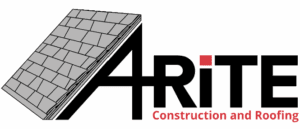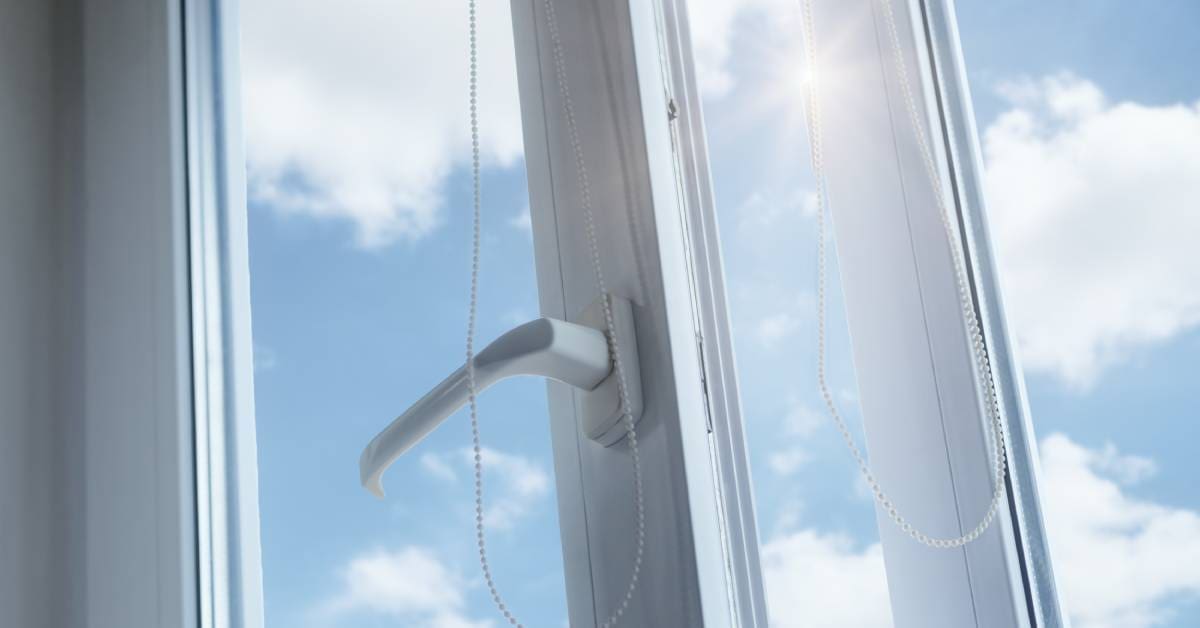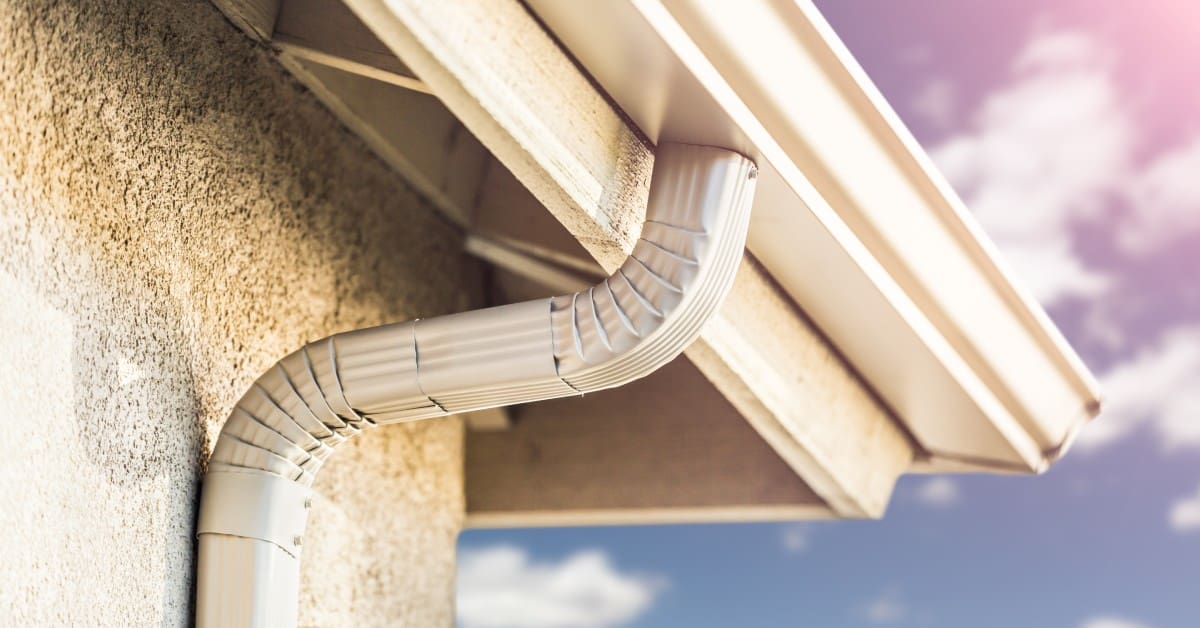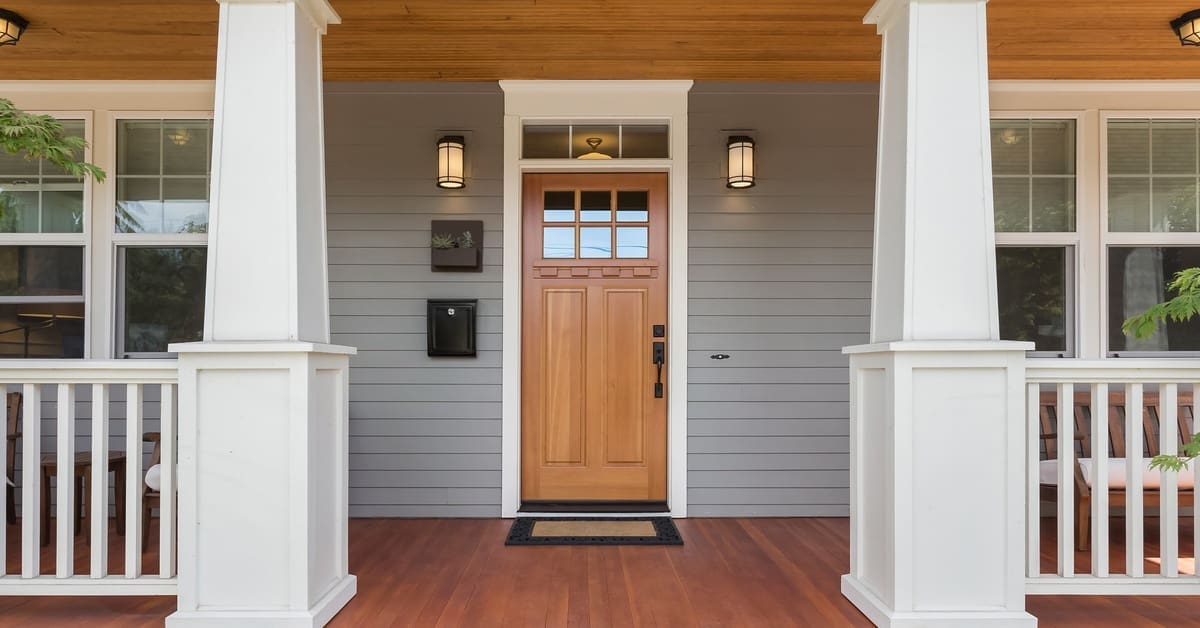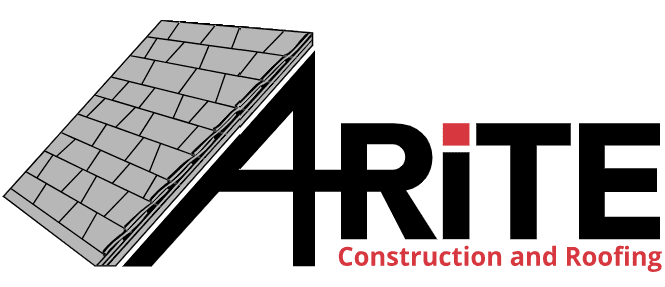As a homeowner, one of the best ways to reduce your environmental footprint is through the materials you use in your home. Renovating with sustainable materials contributes to a healthier planet and enhances your home’s aesthetic and efficiency. Use these sustainable materials in your home renovation to upgrade your home.
1. Reclaimed Wood for Flooring and Accents
Reclaimed wood offers a distinctive charm that new materials often lack, making it excellent for flooring and decorative accents. Sourced from old barns, factories, and warehouses, reclaimed wood reduces the need for new lumber harvests.
The durability and unique character of the wood creates a rustic feeling that adds warmth and history to any space. This style is perfect for the rural residences of Wausau and matches the feeling of living in the countryside. Use reclaimed wood to enhance the visual appeal of your home and make a statement about your commitment to sustainability.
2. Energy-Efficient Windows and Doors
Install energy-efficient windows and doors into your home to reduce energy bills and improve your comfort indoors. These products minimize heat loss during frigid winters and reduce heat gain in the summer, helping you maintain a stable indoor climate.
Look for windows with a low U-factor and doors with adequate insulation properties. Low-E glass windows are excellent for a sustainable home and balance indoor temperatures.
Contact A-Rite Construction and Roofing for a roofing and siding company that provides sustainable options to renovate your home. These improvements enhance energy efficiency while contributing to a smaller carbon footprint!
3. Eco-Friendly Insulation Materials
Updating your home with eco-friendly insulation materials is a smart move toward sustainability. Traditional insulation contains harmful chemicals and substances, while eco-friendly options, such as cellulose or sheep’s wool, provide excellent thermal performance without compromising health and safety.
Cellulose insulation is usually made from recycled paper products, and it’s an effective barrier against heat loss. Meanwhile, sheep’s wool is naturally moisture-resistant and fire-retardant. Switching to these materials creates a more energy-efficient home while helping you save money.
4. Low-VOC Paints and Finishes
Choosing products with low volatile organic compound (VOC) levels is crucial when painting and finishing projects. Standard paints and finishes release VOCs that contribute to air pollution and adversely affect indoor air quality.
Low-VOC products offer the same vibrant colors and finishes with minimal environmental impact. They are safer for your family’s health and maintain a cleaner home environment. When selecting paints, always check VOC levels on the labels.
Using sustainable materials in home renovations helps you create an environmentally friendly living space. Consult our local experts specializing in eco-friendly home solutions to explore sustainable options and how they fit into your renovation plans. Their insights guide you in making informed choices that benefit your home and the environment.

